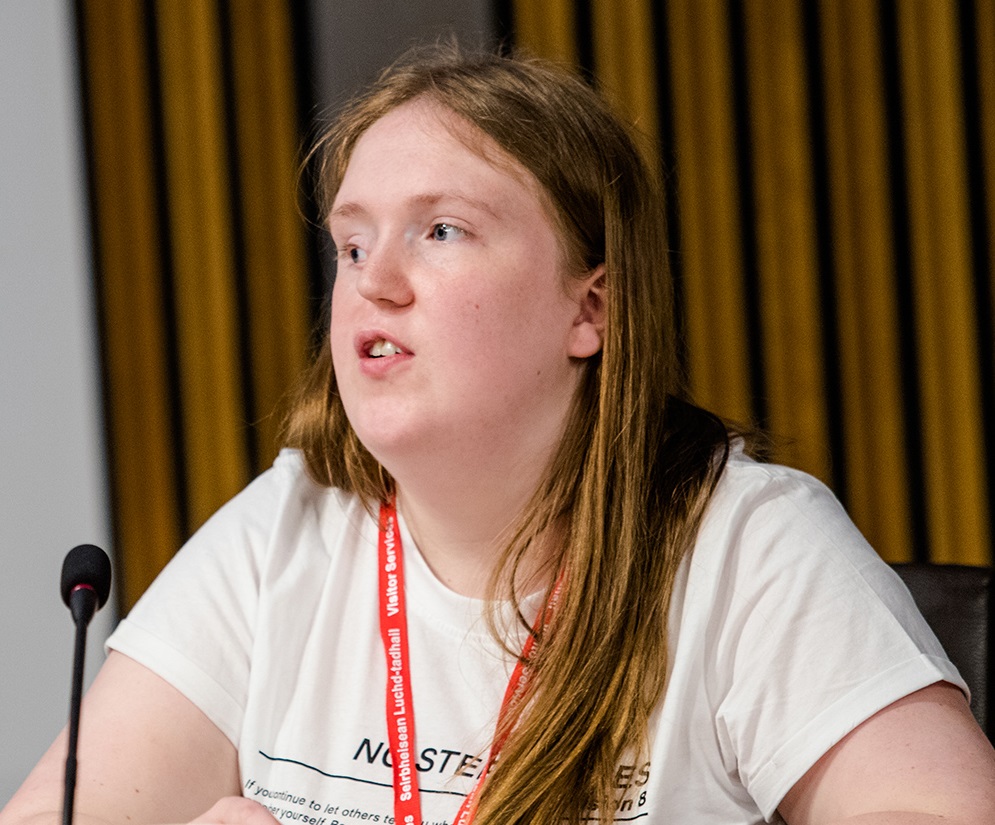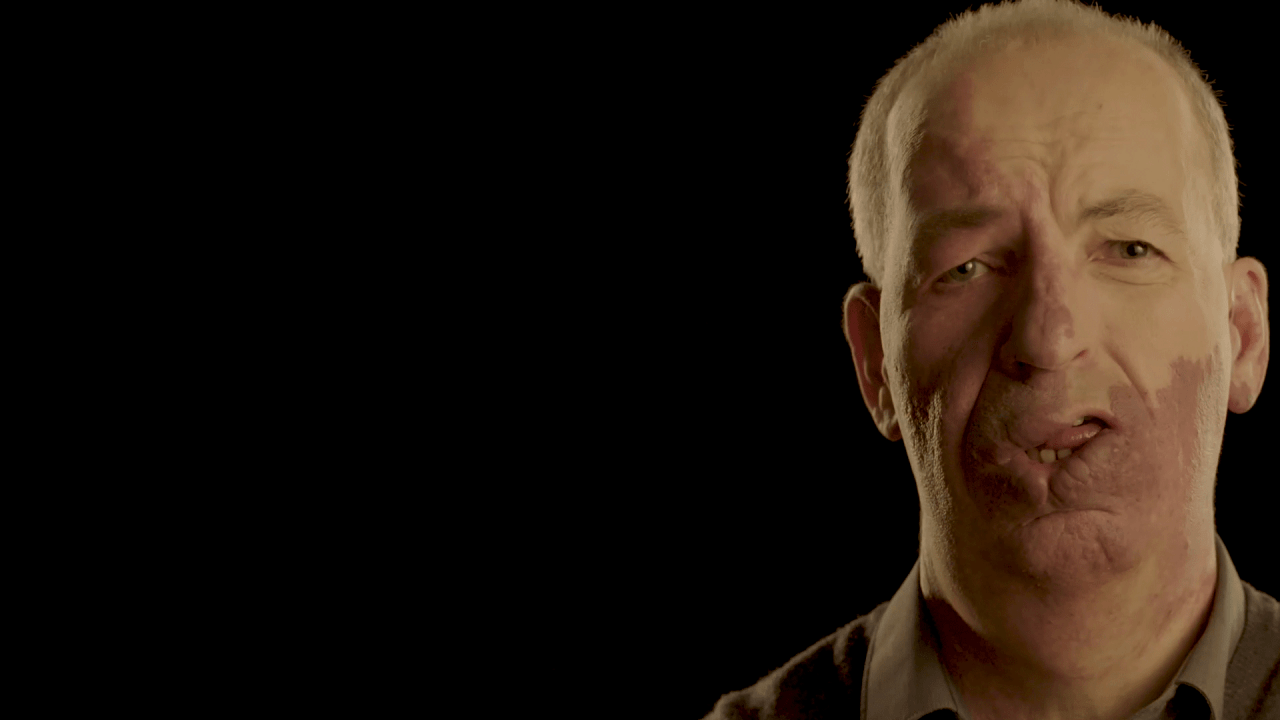Trigger warning: This story is being shared during our #VisibleHate campaign week. It includes examples of hate, including some offensive language.
The first time I remember experiencing hate was when I was a kid. I was walking into school and talking to my friend, but she was ignoring me. Confused, I started speaking louder to capture her attention. It was clear she was ignoring me. I soon learnt that someone else in the playground was telling people that if they were friends with me or spoke to me, they’d end up looking like me.
Unfortunately, there have been numerous examples of hate-related incidents since then, ranging from hateful comments to online abuse.
Another situation that sticks out in my memory happened almost a decade ago, but I remember it like it was yesterday.
When I was 18, I hosted a house party at my aunt’s home. Someone asked if they could invite a couple of friends – people I didn’t know. That was fine, the night was fun, and everyone got home safely.
About two years later, a concerned friend got in touch to let me know that one of the unexpected guests at my party had shared a picture of me on her public Twitter page – not only without my consent but blatantly mocking my visible difference. The catchphrase “Hey, you guys” was written above the photo of me and the girl smiling together, likening my visible difference to Sloth from the film, The Goonies. There were also harmful comments underneath the post about my appearance.
I want the world to know that just because we look different does not mean that our brains are wired up differently. If a stranger is acting confrontational and being horrible to you, naturally, you’re going to feel horrible about yourself.
In all my life, of all the hate incidents that I’ve experienced, this one has affected me the most. Taking my picture and sharing it on their public social media page was terrifying. Mocking my difference for the world to see – and laugh at, was deeply upsetting. I felt so angry and at the time called her out on it. Of course, she said that her phone had been hacked and it wasn’t her. After accepting my hospitality, I was left questioning “why would you do that?”
Unfortunately, I very recently experienced a hate incident when out for a friend’s birthday. Walking to the bus stop to look at transport options home, we came across a drunk group of young people, who were being loud and obnoxious – shouting at people who were walking past. While my friend called taxi companies, I sat down at the bus stop and two of the group approached me. They stood close to me and stared at me in a really intimidating way. One of them broke the silence and asked “Are you on the night shift?” in a menacing way. I stared at them, and they burst out laughing. Then they both walked away and joined their friends. Finally, it came. One of them shouted across the road to me “you’re the ugliest f***ing human I’ve ever seen in my life.” More horrible stuff continued.
When these instances happen to me, my fight or flight response kicks in. I remember immediately and instinctively reaching for my phone, to video this exchange in case things escalated and I needed to back up my experiences with evidence. No one should have to experience verbal abuse, or fear that a situation might escalate to physical abuse – or worse, for looking different.
When you receive this sort of hateful behaviour, over time it takes its toll. After each hate experience, my confidence has hit rock bottom. I want the world to know that just because we look different does not mean that our brains are wired up differently. If a stranger is acting confrontational and being horrible to you, naturally, you’re going to feel horrible about yourself.
Those of us who have a visible difference work hard to build confidence and self-esteem that armours ourselves against stares and comments when we leave our front door. Verbal abuse and hate-related incidents can undo this work and leave a person feeling insecure secure and anxious. What’s more damaging is it can lead a person to withdraw from the world and become isolated.
Since this most recent incident, I have struggled to leave the house, it’s taken a lot of strength to open the door. I certainly haven’t been out after dark. I’ve not had the energy to deal with hostility from people I don’t know. I want to stay in my own bubble with my own people that I feel safe and secure with. It really does have an impact on your mental health and wellbeing.
It’s for these reasons that it’s so important that hate incidents are reported and taken seriously by the police – whether they’re big instances or small. Experiencing discrimination for your visible difference has a profound effect on self-esteem and makes you feel unworthy of living your life freely. Proper support from the police will help society to realise that this stigma against people who look different has a huge effect and can’t keep continuing.
For now, I’m giving myself time to recover from the latest instances. Speaking up about it has helped, along with spending quality time with my daughter to take my mind off things.
I’m also supporting Changing Faces’ Visible Hate campaign, because it’s important to recognise that abuse of any kind is unacceptable. Standing together to challenge or report unacceptable behaviour is a big part of raising awareness of the hate that’s prevailing in our society.

